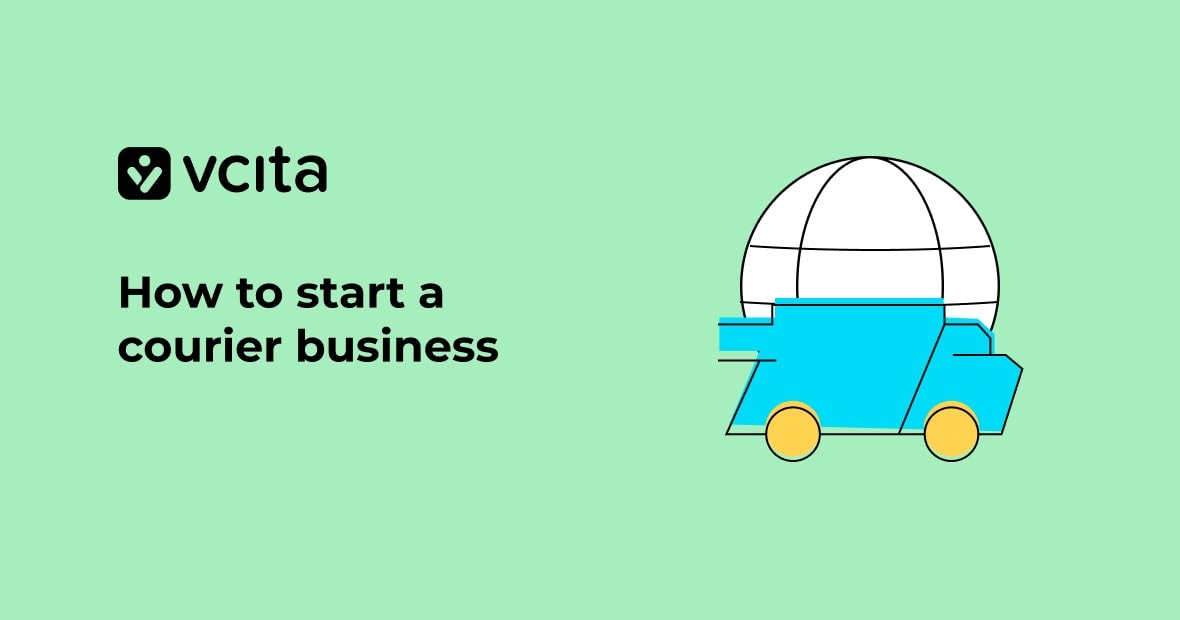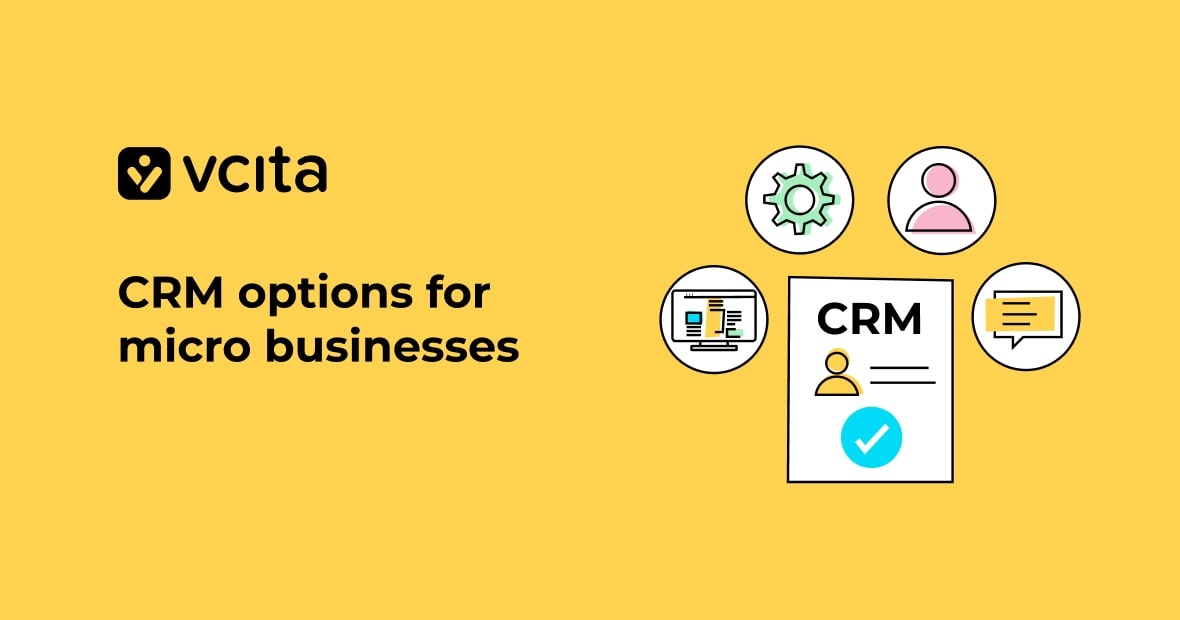Ever thought about starting your own courier business and being your own boss? Well you’ve come to the right place. This article will walk you through the steps to start a courier and explain the types of courier services you can offer to build your customer base.
We’ll cover everything from developing a business plan to marketing and advertising to potential customers. You’ll learn key factors in running a successful local courier business, from providing great customer service to leveraging social media. Read on for the info you need to start your own small courier business and get out there making deliveries.
Laying the groundwork: key steps to start your courier business
You’re probably excited to start delivering packages, but there are certain tasks you need to complete before you can get your business on the road. Here are 6 steps that can’t be skipped if you want your business to succeed.
Do your research
Before diving headfirst into starting your courier service, it’s crucial to understand the industry landscape. Take a closer look at the types of courier services in demand in your local area, and identify your potential customers and their specific needs. Are there underserved niches you could tap into? Understanding your target market will help you tailor your offerings and set yourself apart from the competition.
Develop a solid plan
A well-thought-out business plan is the foundation of any successful courier business. Outline your operational strategies, financial projections, marketing tactics, and growth plans. This comprehensive document will serve as your roadmap, guiding you through the early stages and helping you secure funding if needed.
Obtain necessary licenses and permits
Depending on your location and the scope of your courier service, you may need to get various licenses and permits. These could include a business license, vehicle registration, and insurance coverage for your fleet and employees. Research the requirements in your area to ensure compliance from day one.
Prepare your fleet and workforce
Invest in reliable vehicles suited for your delivery service, whether it’s cars, vans, or trucks. Decide if you’ll hire employees or work with independent contractors. Ensure your workforce is properly trained, licensed, and equipped to provide excellent customer service – a cornerstone of any successful courier business.
Establish a strong online presence
In today’s digital age, having a robust online presence is crucial for attracting and retaining customers. Create a user-friendly website that showcases your services, rates, and contact information, and set up profiles on social media platforms to engage with your target audience, share updates, and promote special offers.
Structuring your courier business: LLC vs sole proprietorship
When starting your courier service, one crucial step is deciding on the business structure. This determines legal liability, tax implications, and future growth potential. Two common options are a sole proprietorship and a limited liability company (LLC).
Sole proprietorship: simple but high risk
A sole proprietorship is the most straightforward way to kickstart your delivery service, but it has its drawbacks. The pros are minimal startup costs and paperwork, and relatively simple taxes because your business income is reported on your personal tax return. However, you’ll be legally and financially responsible for all aspects of your business, with unlimited personal liability for debts and lawsuits against your courier company.
Limited Liability Company (LLC): balanced protection
An LLC is more complex to establish and maintain, but it offers more protection by separating your personal assets from business liabilities, and tax treatment is more favorable than for corporations. Creditors can only pursue the company’s assets, shielding your personal savings or home. It also provides flexibility for expanding your courier services, because you can have multiple members/owners and adjust operational procedures more easily. .
The right fit for your courier dreams
Ultimately, your choice depends on your risk tolerance, plans for growth, and how much personal liability you’re willing to take on. A sole proprietorship gets you delivering packages quickly with minimal red tape. But an LLC provides robust legal safeguards as you build your customer base and brand reputation.
Consider consulting legal and tax professionals before making this foundational decision for your courier business. The right structure lays the groundwork for a successful, sustainable delivery service.
Developing your services: types of courier deliveries
As you start your courier business, you’ll think about which types of deliveries to offer, like same-day delivery, medical courier services, or package delivery for businesses. It’s important to offer a variety of delivery services. This allows you to cater to different potential customers and their specific needs. Here are some common types of courier deliveries to consider:
Same-day delivery
Same-day delivery is a premium service that delivers packages within hours or the same business day. This is ideal for time-sensitive items like legal documents, medical supplies, or last-minute gifts. Offering same-day delivery can set your local courier business apart and attract customers willing to pay more for speed and convenience.
Next day delivery
Next-day delivery gets packages to their destination by the end of the next business day. This economical option is perfect for non-urgent items where customers value affordability over speed. It’s a core service for most courier companies.
Overnight delivery
Overnight delivery falls between same-day and next-day service. Packages are picked up in the evening and delivered first thing the next morning. This rapid turnaround is useful for perishable goods, parts for repairs, and other rush orders.
Scheduled delivery
With scheduled delivery, customers choose a future date and time frame for their delivery. This service works well for larger shipments, furniture, or any items where the recipient needs to be present. Scheduled options give customers flexibility and control.
As you determine your offerings, consider your local market, operating costs, and capabilities. Diversifying your services allows you to meet different needs and expand your customer base over time.
Building your customer base: marketing and advertising your local courier business
Once you’ve laid the groundwork for your courier service, the real challenge begins – getting customers! Building a solid customer base is key for any successful local courier business. But how do you spread the word about your speedy delivery services?
Market your business online
First things first, you need to establish an online presence. In today’s digital age, a website and social media accounts are non-negotiable for small businesses. Create profiles on popular platforms like Facebook, Twitter and Instagram to connect with potential customers in your area. Post updates, special offers and testimonials to showcase your reliable courier services. Additionally, consider using tools like a Shopify popup to capture visitor information and grow your email list, which can enhance your online marketing efforts effectively
Leverage traditional, tried-and-true marketing tactics
While social media is a must, don’t overlook traditional marketing methods. Targeted local advertising through mailbox flyers, local newspaper ads or even vehicle wraps can raise awareness about your courier company. When people see your branded cars zipping around town making deliveries, they’ll file your business name away for future needs.
Connect with complementary businesses
Another great way to attract customers? Strategic partnerships with local retailers, restaurants, or any business that sends out packages regularly. Offer them discounted courier rates and prioritized pickups in exchange for sending their deliveries your way. It’s a win-win!
Managing operations: costs, employees, and growth
Once you’ve gotten the basics set up, you’ll need to plan the best way to manage business operations, hire reliable employees, and position your new business for growth.
Keep costs low
As a courier service, one of your biggest expenses will be operating costs. Fuel, vehicle maintenance, insurance – it can really add up quickly. But don’t worry, there are steps you can take to keep those costs as low as possible.
First, be smart about your vehicles. Consider more fuel-efficient options or even electric/hybrid vehicles if it makes sense for your local courier business. You’ll save a lot on gas over time. Proper maintenance is key too – it extends your vehicles’ lifespan and prevents costly breakdowns.
Hire the right people
Your courier drivers are the face of your delivery service. Hiring the right people is crucial for success. Look for candidates with great customer service skills who know how to interact professionally with clients. A clean driving record is a must too.
Don’t be afraid to start small with just a few reliable employees. As you build your customer base and demand increases, you can always expand your team. The key is having enough staff to handle your current workload without overspending on payroll.
Focus on customer service
At the end of the day, top-notch customer service is what will really make your local courier stand out from the competition. Be sure to:
- Offer flexible delivery windows to suit clients’ schedules
- Guarantee careful handling and on-time arrivals
- Provide real-time package tracking
- Remain courteous, professional and attentive every step of the way
Grow strategically
Once your local courier company gains traction, it’s tempting to grow rapidly. But expanding too quickly can put a strain on operations and finances. The smartest approach? Grow at a sustainable pace based on real demand from potential customers.
Start by thoroughly understanding your market and customer needs. Use that insight to guide expansion into new service areas or delivery types. Promote your expanded offerings through strategic marketing and advertising to attract new business. Social media is an affordable way for small businesses to get the word out.
Prepare your courier business to hit the road running
Running a successful courier company takes planning and hard work. But if you lay the groundwork with the right business structure, pay attention to your operating costs, provide great customer service, and implement effective marketing, you can build a thriving local courier business and make your delivery dreams come true.




























